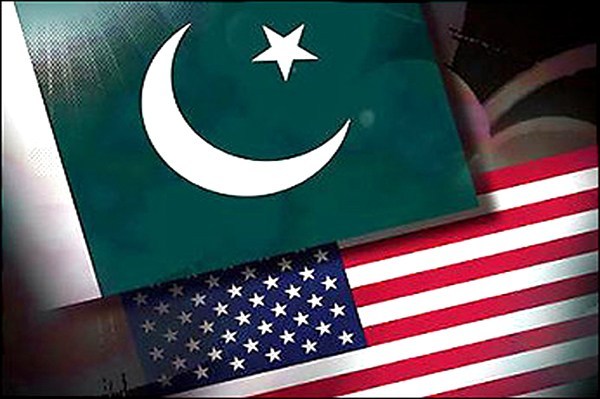Pakistan Finance Minister Muhammad Aurangzeb said the South Asian nation is looking to buy more goods from the US and remove non-tariff barriers to escape President Donald Trump’s high tariffs.
Aurangzeb told Bloomberg News in an interview that the country will send a high-level trade delegation to the United States in the coming months as it seeks to expand imports and dismantle non-tariff barriers to avoid the impact of President Trump’s punitive tariffs.
The finance minister said Pakistan is considering buying more cotton and soybean from the US while also exploring ways to ease import restrictions that hinder US goods from entering Pakistani markets. “It’s a bigger canvas that we are looking at in terms of engaging the US,” Aurangzeb said, adding that the goal is to engage constructively and address mutual concerns.
Trump’s tariff regime—currently paused until July—includes reciprocal duties of up to 29% on Pakistani goods, prompting Islamabad to offer trade and investment openings to avoid escalation. The US is Pakistan’s largest export destination, with annual exports exceeding $5 billion, while imports from the US stand at around $2.1 billion.
The minister also expressed interest in attracting foreign direct investment from American firms in Pakistan’s recently liberalized minerals and mining sectors. Additionally, he confirmed that Pakistan plans to issue its first-ever Panda bond, targeting $200–250 million in the fourth quarter of 2025, as part of broader efforts to stabilize its economy and break the boom-and-bust cycle.
Meanwhile, Aurangzeb reaffirmed Pakistan’s reform commitment during his meeting with the IMF Managing Director Kristalina Georgieva at the IMF-World Bank Spring Meetings 2025. Pakistan reached a staff-level agreement with the IMF for a $7 billion Extended Fund Facility (EFF) in July 2024, which was approved in September. A new $1.3 billion arrangement and the first review of the ongoing bailout were also concluded last month.




